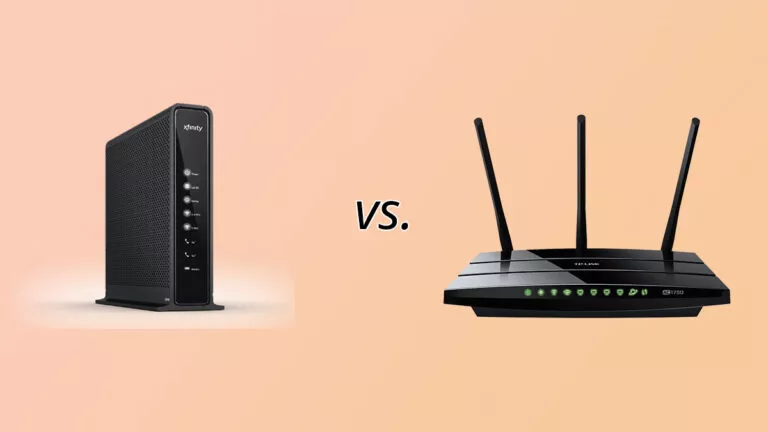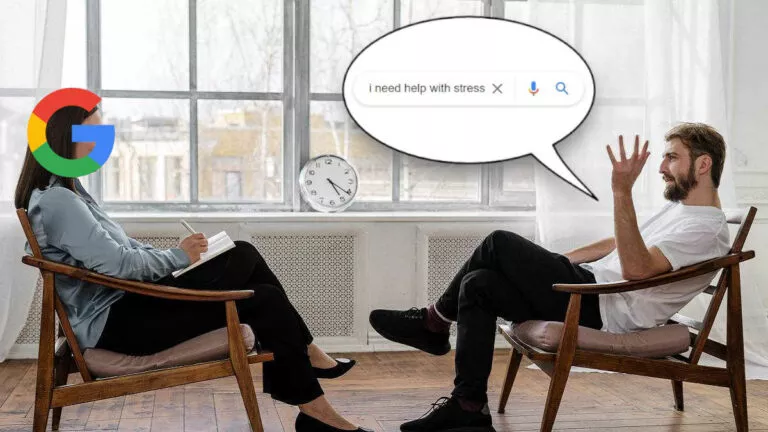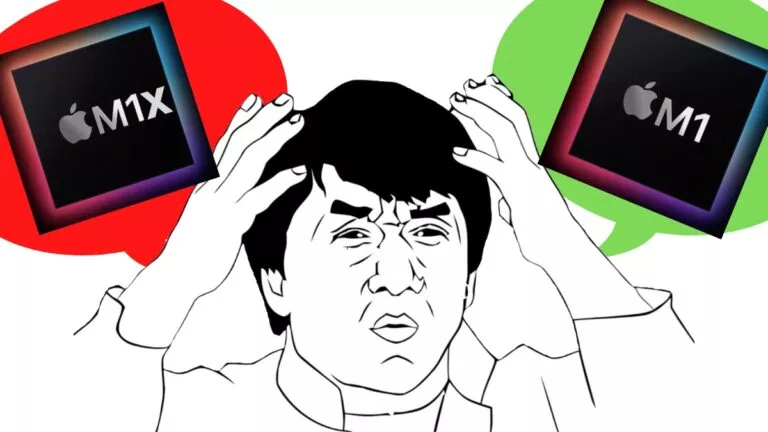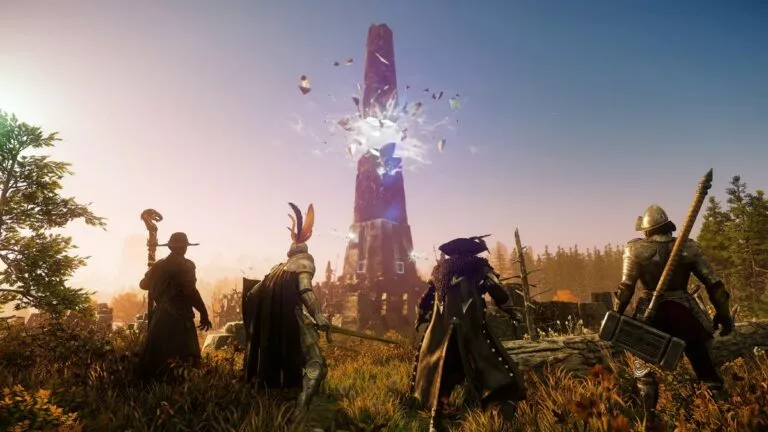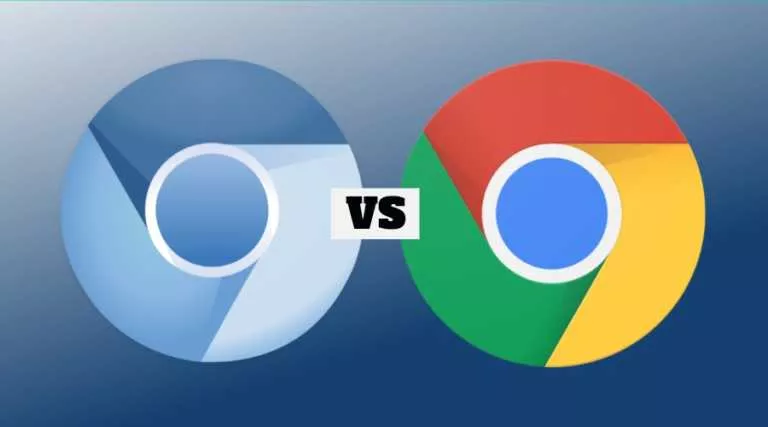Is Artificial Intelligence Dependency The Future Of AI?

The future of AI has been a topic of much contemplation in the last couple of years. Especially because AI is becoming more capable by the day, and artificial intelligence dependence is taking shape. While AI dependency is known as one of the dangers of AI, we’ll talk about how real it is.
AI dependence or AI dependency is something we all can feel in our daily lives. Most of all, those who are using smart home devices like smart switches and smart speakers will relate to it. While my focus is around AI dependency only, I’ll divide this article into 3 parts for easier understanding.
The first part will cover my focus, the question of AI dependency. The second and third parts, will address the benefits and the future of AI. So let’s start with the first part, the big question.
Is AI Dependency Real?
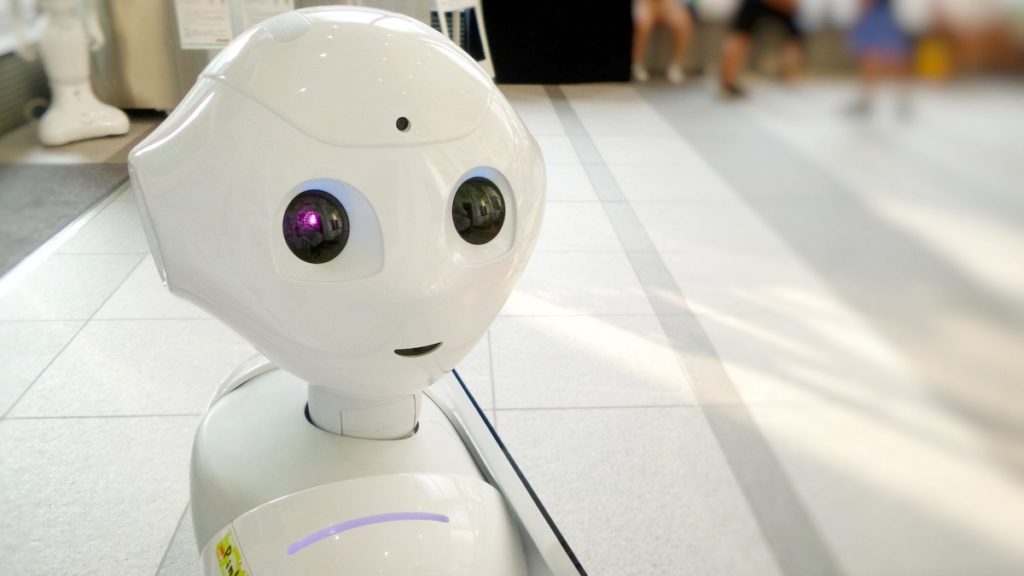
Are we really dependent on artificial intelligence? Are we becoming dependent on AI? Is AI dependency even real? All these questions have answers that are more complicated than a simple yes or no. We’re social animals and always depend on someone or the other around us. It’s not always bad.
Artificial intelligence means intelligence that is made to mimic the human mind and create a superior breed of machines with an understanding of how things work. However, what we have today is based on AI but doesn’t exactly work that way. John Markoff, in his book, Machines of Loving Grace, calls today’s developments ‘Intelligent augmentation.’ This means the algorithms and machines today are made with usability in mind.
They’re not just smart machines, they’re capable of being used by humans and learn from them. We already have Luther, an AI that helps you recall things. We have Alexa, Siri, Google Assistant and we depend on them every day. The problem here is to figure out the limit of dependency in the future of AI.
To begin with, we use AI to do the calculations for us, to quickly define things, and do things like controlling our air conditioners and lights. imagine the kind of usage we would normalize in the next decade or so. I believe the present scenario itself proves the existence of AI dependency. But my goal wasn’t scaring you away so let’s talk benefits now.
What Are The Benefits Of Artificial Intelligence?
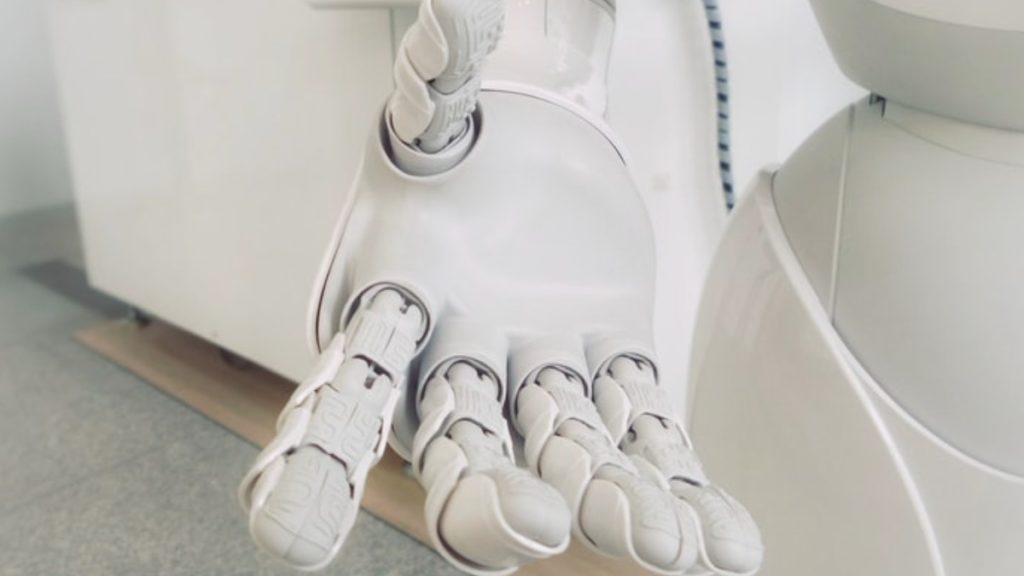
The dependency on artificial intelligence is also one of the benefits of artificial intelligence. This dependency saves time, energy, and when rightly used, lets us focus on the better things. In the coming years, Tesla owners will be playing cards with their families while taking a scenic countryside drive.
AI saves us the hassle of making the effort. If we can keep that under check, it could be one of the most utilitarian things man has created. Demis Hassabis of Google DeepMind stated 3 things about the future of AI. He said that AI will save us from ourselves; lead to a Nobel prize-winning breakthrough, and that deep learning isn’t enough to understand AI.
Some examples of AI breakthroughs include training a robot hand to solve the Rubik’s cube, the GPT-2 text generator, more realistic Deepfakes, and solving the three-body problem.
The Future Of AI
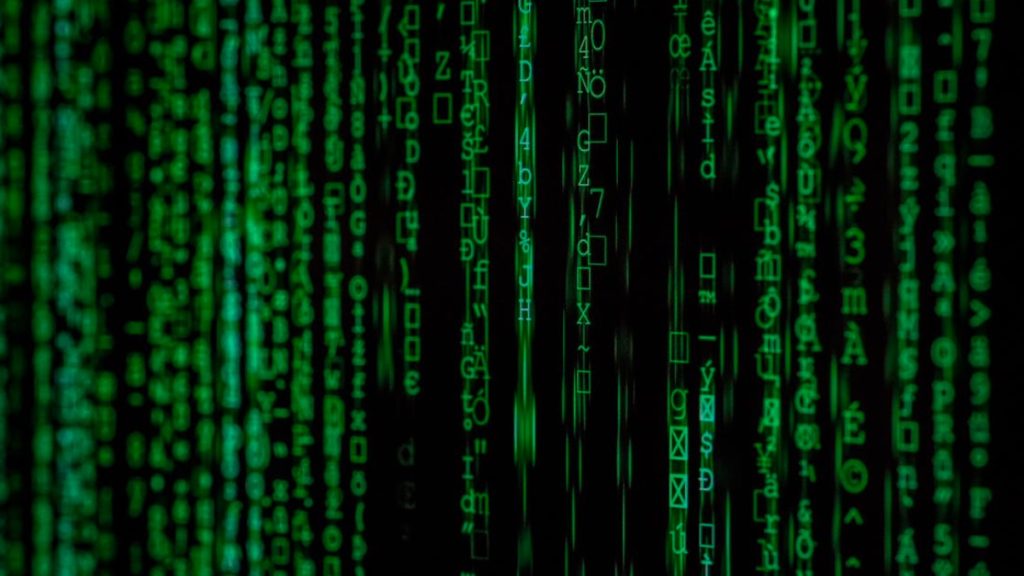
The future of AI is still dependent on what we make of it. Sure, AI dependency is more real than ever, but we’re also more focused on thinking about the pros and cons now. We depend on it but we’re also engaged in intelligent augmentation, which gives us smarter AI development.
In the near future, we’ll have self-driving cars, AI-powered customer care solutions, an efficient AI-human manufacturing sector, and better healthcare solutions. These things will make up for the future of AI.
When it comes to your usage, if you responsibly use artificial intelligence, it’ll keep contributing to making life easier. But depend on it enough for things you can do on your own once, and the next time will just be easier.


